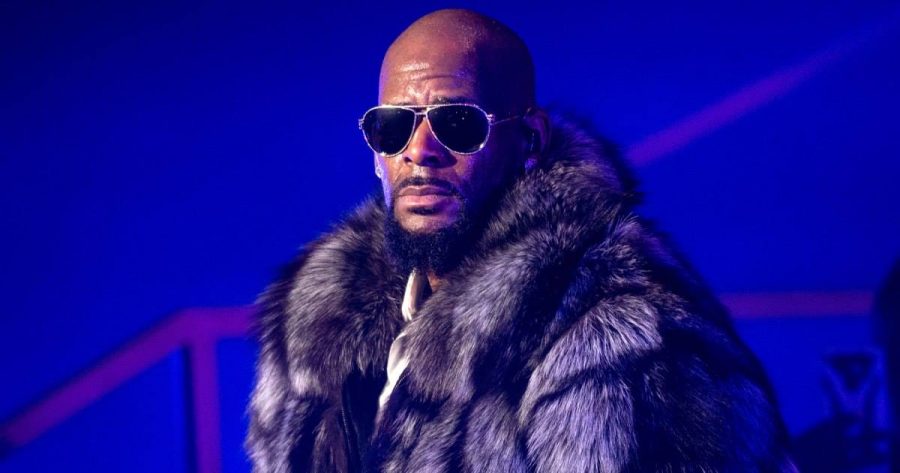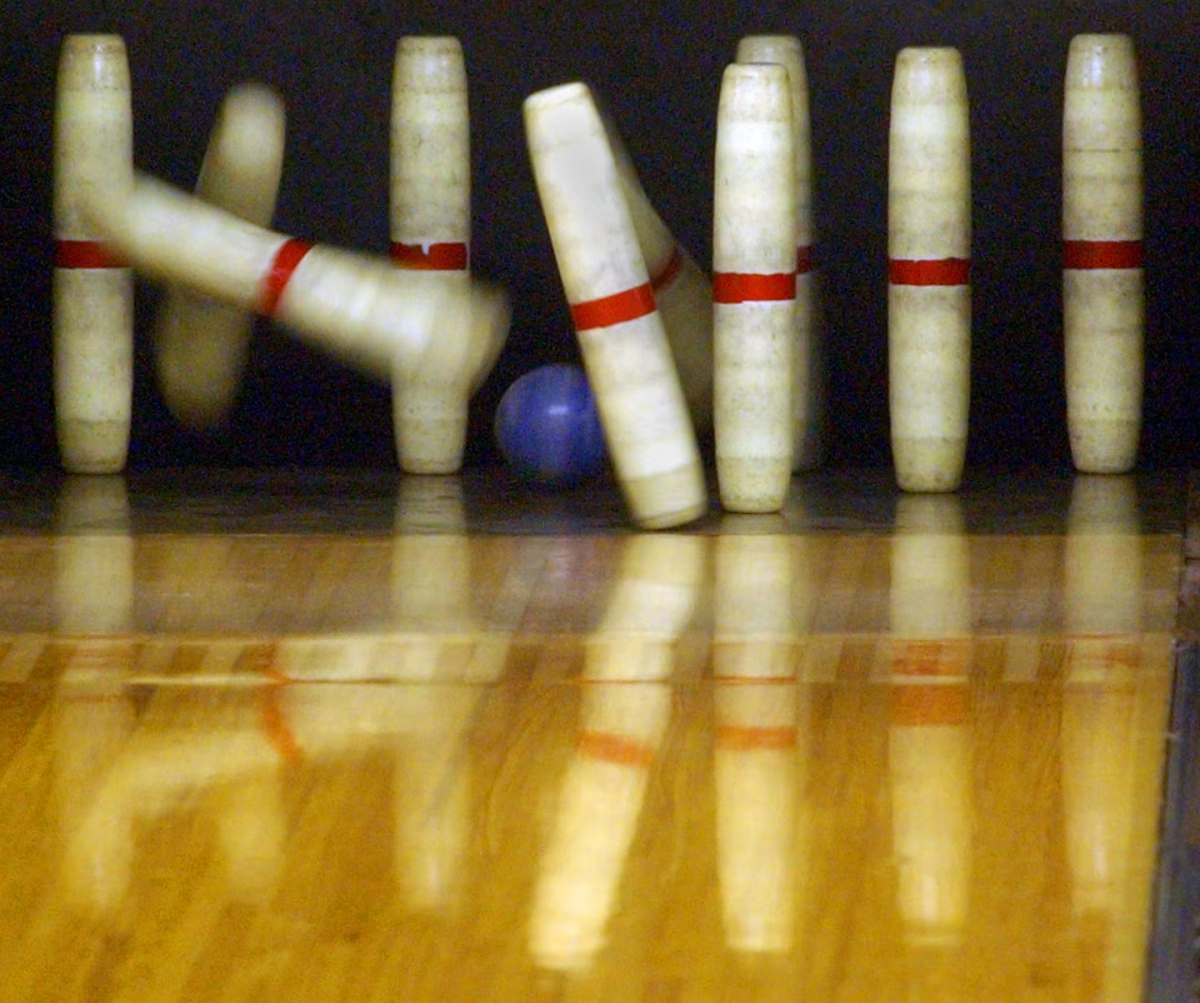Previously, when it came to R. Kelly, most of the world saw him as nothing more than a successful R&B artist. But after Lifetime Network’s airing of “Surviving R. Kelly,” the world was introduced to a much darker, more predatory side of this beloved star. Well, the rest of the world. To be clear, rumors of Kelly pursuing, dating and sleeping with underage girls have been going around in the Black and music communities for decades. But if this is true, why was he able to get away with it for so long? Why are we only really talking about this now, or more importantly, why isn’t he in jail?
The premise of the documentary is simple: women who were in abusive relationships with R. Kelly as underage teenage girls, all of whom are African-American, describe how they were sexually, physically and mentally abused. Parents of women who are allegedly part of Kelly’s sex cult speak out about the many ways they tried to get their daughters back, none of whom they’ve spoken to in months or even years. It also discusses the details of his very public child pornography trial, of which he was acquitted on all charges, and how that essentially affected the way the world would look at Kelly from this point on.
Part of the reason Kelly has been able to escape these allegations practically unscathed is because of his largely African-American fan base. To understand this, we have to look at how Black men have historically been treated when concerning accusations of sexual assault. There are multiple examples of Black men being falsely accused of and murdered for raping or assaulting white women, due to the stereotype of the Black man’s insatiable sexual power and the unfathomable idea of a white woman voluntarily being with a Black man. Even outside of this scope of sexual assault, the Black community regularly has to deal with Black men having their reputations ruined, being harassed and essentially broken by a society that has made it very clear they don’t want them to succeed. So when someone like Kelly has talent, is able to “make it,” becomes successful and is later faced with accusations of assault, the response to rally around that someone, around Kelly, is so immediate, it’s like a reflex. Black people are so used to being slandered and lied about to the public that some will do anything they can to protect “one of the good ones,” which really just means a successful Black person who can help change the way the world perceives Black people.
As a Black person myself, I can say with confidence the Black community has a poor track record when dealing with sexual assault and abuse. Case in point: Kelly’s child pornography trial. People willfully believed he wasn’t the one on the tape, or that the girl in the tape wanted to be urinated on and videotaped. Regardless of whether or not she agreed to have sex with Kelly, she was a child, and that makes him a pedophile. Interestingly enough, some parts of the conversation surrounding the documentary still continue to defend Kelly, saying the victims were being paid to lie. One of the survivors who is interviewed actually met Kelly during his trial. She was a super fan, and like most of the Black community, made herself believe he wasn’t the one on the tape and that someone was trying to destroy his reputation. After being with him and being abused, she unfortunately learned that he truly was a monster. There’s also the small fact that, had Kelly been abusing white girls, he would’ve been arrested and muted a long time ago. This idea was discussed throughout the documentary, and unfortunately it proves to be true. The purity of a white girl isn’t applied to a Black girl, and because of this supposed lack of innocence, there is a reflex to blame the girl and deem her “fast.” Because of this, Black women and girls seem to need to work harder just to be believed.
Kelly was truly able to get away with being a predator because as the years went on, he became smarter. While most of the survivors in the documentary were approached while in high school, Kelly began to prey on girls who were on the cusp of being legal, or were older than his usual prey. For example, Azriel Clary, a girl whose parents speak on the documentary saying she is in his sex cult, was approached by Kelly when she was around 17 years old. Using the same false intentions of making her a singer, Kelly groomed her, and after turning 18 and graduating high school, she was never seen by her parents again. Despite their efforts, there was only so much they could do legally because Clary was an adult, which makes the story of the sex cult even more angering and heartbreaking. This pattern of going after girls who were only just legal adults continued, as the documentary interviews two more pairs of parents, one of whom basically helped their daughter escape Kelly’s clutches. He treated them like sex slaves, forcing them to engage in threesomes, getting physically violent with them and sometimes starving them as punishment for disobeying his rules. He may have stopped going after teenage girls, but that doesn’t mean he ever stopped his abusive ways.
The documentary itself evokes the same sensation of fear you’d normally get when watching a documentary about a serial killer, except instead of being locked up, Kelly is travelling the world. It’s a very interesting series to watch, especially if you’ve only heard murmurs of what Kelly has done to young women and girls. Besides this, I believe it’ll help open an important conversation about accountability with a topic so many people still struggle to talk about. You can watch “Surviving R. Kelly” on the Lifetime Network channel or their website.
Darianna Young can be reached at [email protected].



















